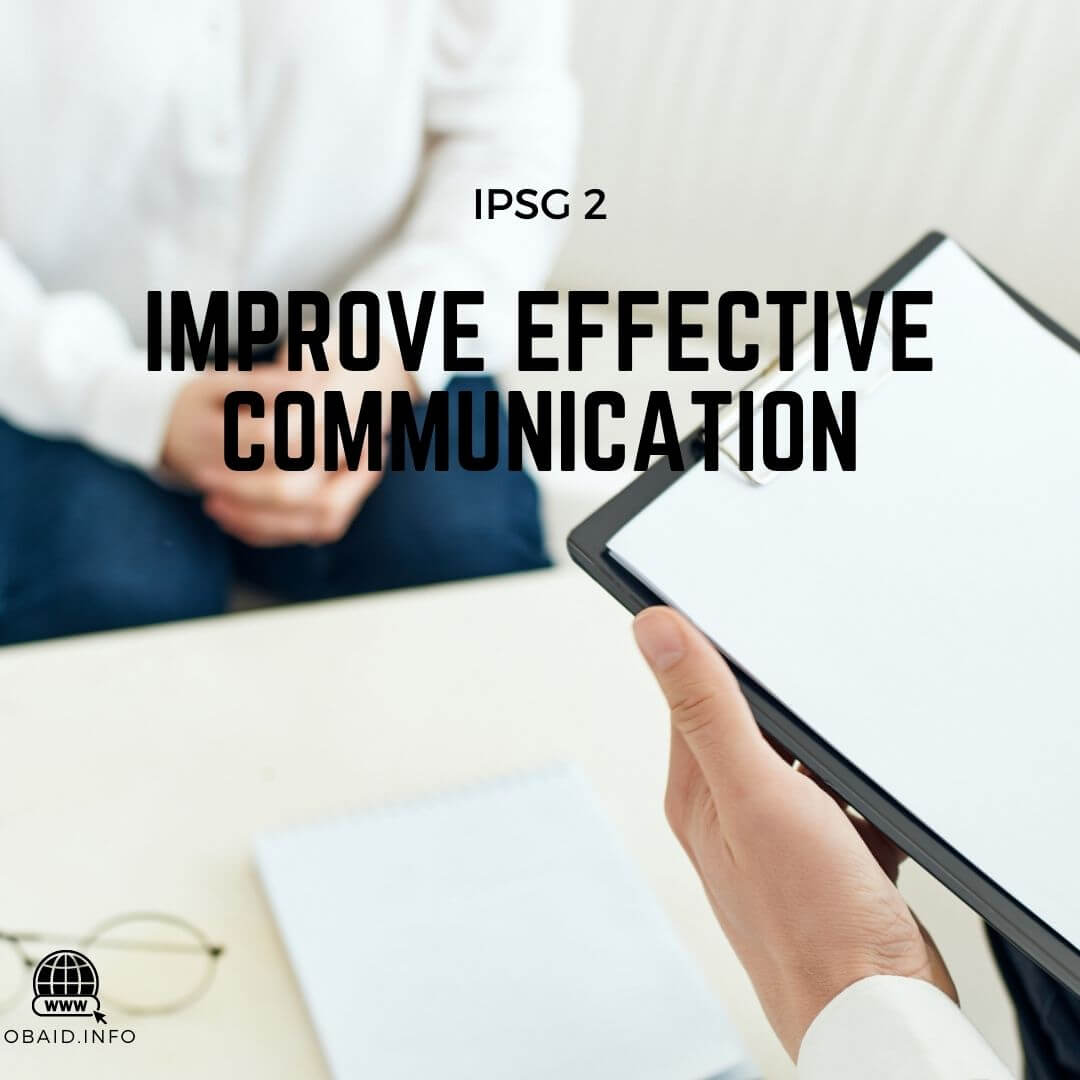Brain injuries are incredibly difficult to cope with, whether you’re the patient or a family member helping with the recovery process. Perhaps one of the most challenging aspects of the process is working through memory and cognitive issues, as this can be frustrating for everyone involved. No one is happy to lose the abilities that they once had.
Unfortunately, these challenges often mean that it can be difficult to find treatment options as well. There are methods of therapy and counseling that can help, but it takes time. That’s why there are whole programs dedicated to it.
At the end of the day, navigating these spaces isn’t always easy. Additional information on the aftermath of a brain injury can be found here: https://msktc.org/tbi/factsheets/cognitive-problems-after-traumatic-brain-injury. With that said, we’d like to explain some of the treatment options that are available to help you, or a family member to reclaim their memory and cognitive abilities.
What are Brain Injuries?
Traumatic brain injuries (TBIs) are something that most of us do our best to avoid. Despite this, they impact millions of people each year – sometimes, they’re just unavoidable. There are several classes of TBIs, though each of them is serious in their own ways. Please consider this a trigger warning if you are sensitive to these topics, and feel free to move on to the next section of this article.
They occur when there is some sort of jolt or harsh impact to the brain, be it as serious as a bullet puncturing tissue or even a piece of skull being driven into the brain. Mild TBIs are typically temporary in their impacts, but the more severe the injury, the more dangerous it is to the patient (and the slower that recovery will be). As we consider the treatment options, it’s important to note that treatments are not the same as cures. You can’t really “cure” a traumatic brain injury, at least in our current medicine, although we all wish that this wasn’t the case. Rather, we can work together to come up with therapy techniques and methodologies that allow patients to start the potentially long road to recovery.
What Types of Therapy are there?

The next question to consider is this one: what types of therapies work for those who have suffered brain injuries? There are several types of treatments that have shown to be effective, but today we’ll be focusing on Cogmed coaching and the impacts that it can have for patients.
This is a type of coaching and therapy that focuses on memory and the brain. Something to remember (pun intended) here is that we have several forms of memory. For instance, there’s a difference between short-term memory and long-term memory. While most people already know this, it’s worth noting it anyhow, especially when it comes to a serious topic like this.
For the most part, these types of coaching involve our short-term memory, which is known as “working” memory. This is the part of our brain that helps us to remember things like why we went into a room or what task we were in the middle of.
As most of us know, there are inevitably going to be moments where this working memory fails us. We’ll forget why we went into that other room; we’ll get sidetracked from a task and move to something else – it’s more common when we’re stressed out or anxious about something. Additionally, folks with attention deficit disorder often struggle more with working memory than others, as you can read about on this page.
Therefore, these sorts of treatment strategies have been developed to help those patients as well. In the process, they’ve also been demonstrated to help patients with TBIs, concussions, or victims of stroke. The biggest thing is that improving working memory is also shown to improve other aspects of brain function, which means that it’s an all-around sort of technique.
How Does this Style of Coaching Work?

One concern that many people have when they are considering these types of coaching programs is that they will be left to perform the exercises and go through the process entirely on their own. This isn’t the case, thankfully. Although you will need to perform the exercises yourself, you’ll have the support of a coach the entire time.
They’ll be by your side to assist you through the highs and lows that inevitably occur during these programs. Wondering what sorts of exercises are involved? The good news is that they’re pretty simple, and usually involve you sitting with a tablet or at your computer for twenty to thirty minutes a day (though it can run for up to an hour) to train your working memory.
More often than not, they’ll appear in the form of a game of sorts, such as cards. The goal is to help you retain information, though the training sessions will range in length to ensure that you don’t burn yourself out. Ideally, you’ll be able to handle more difficult challenges as time progresses.
If you’re concerned that results won’t last for you or your loved one, it’s been shown that this style of cognitive therapy does have impactful and long-lasting results. Any improvements in memory, be it working or otherwise, will be permanent. Obviously, everyone still has the capacity to have a bad day here and there, but it will be much better than before.
Are These Treatments Worth it?
Selecting care options in the aftermath of a traumatic brain injury, concussion, or other similar incident isn’t an easy thing to do. Depending on the circumstances, there are likely a lot of things on your plate right now as well. However, improving working memory can help with a lot of the other stuff as well.
It’s not a stretch to say that working memory is an important part of our daily lives. While it’s not something we actively think about all the time, when we improve this capacity, it means that the rest of our brain function will follow suit as well.











1 Comment
How does Cogmed coaching specifically help patients with brain injuries improve their memory and cognitive function?